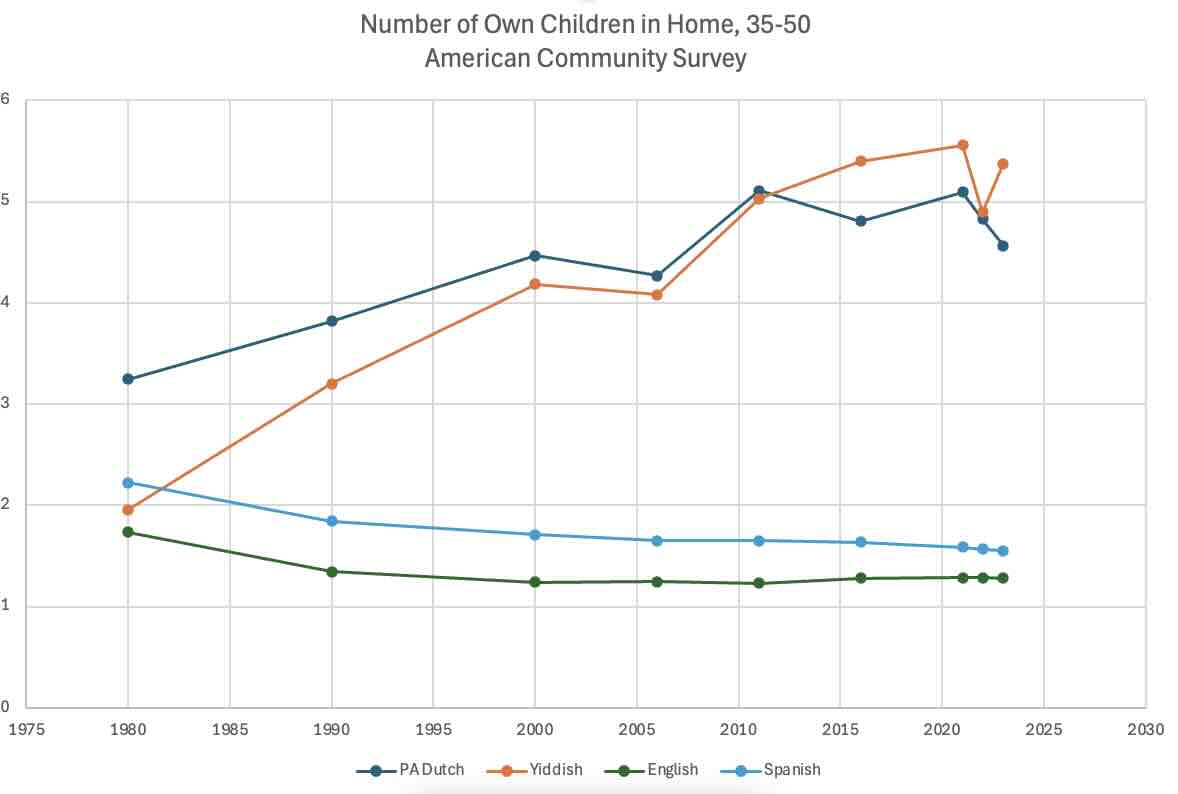-
•
•
The sixth out of the seven books in the Themes in the Doctrine and Covenants series that I read is the one by Justin Collings on Divine Law. I admit that this one left me pleasantly surprised. I was expecting some sort of lawyerly analysis of how the commandments in the Doctrine and Covenants create a system of laws and how those hold up under the scrutiny of legal experts, akin to some of the chapters in Embracing the Law: Reading Doctrine and Covenants 42. Instead, I found an insightful and well-written exposition of the idea that divine law is… Read More
-
•
•

I sometimes think that when we consider the visit of John the Baptist to Joseph and Oliver (the main event discussed in this lesson), we focus on the restoration of the Aaronic Priesthood, but leave out the restoration of the ordinance of baptism. Yes, the ordinance can’t be performed without the priesthood, but then I think that in some ways the priesthood is defined by the ordinances that it can perform. Without baptism, wouldn’t the Aaronic Priesthood be different? Fortunately, the lesson does address both the priesthood and ordinances, putting both in the context of the restoration, the ‘great and… Read More
-
•
•
7 responses
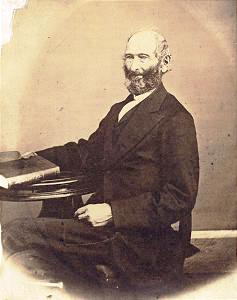
A series I am going to occasionally come back to on my takes on early Church primary sources that I’m reading. We have a tendency to only read secondary takes, whether a talk, book, or commonly shared anecdote, but there are often insights buried in the primary sources that don’t make it into the collective consciousness. John Corrill’s A Brief History of the Church of Christ of Latter Day Saints (Commonly Called Mormons) Text here. John Corrill’s History is considered one of the most valuable first hand accounts of the Church in the Missouri era. An early convert who left… Read More
-
•
•
2 responses
A key moment in the Church’s establishment in different locations and cultures—including among countries like Brazil, where the Church officially has over one million members—is the translation of the Book of Mormon. Especially in earlier years, the effort was performed by missionaries with rudimentary knowledge of the language working with locals to create the translation, which meant that revisions and retranslations would later be necessary, once the Church had access to a higher level of expertise in translation. The story of the translation and retranslations of the Book of Mormon in Portuguese to aid missionary efforts in Brazil and how… Read More
-
•
•
3 responses
I mentioned previously that my big project for the year associated with Come, Follow Me is working on an annotated Doctrine and Covenants and closely related content. For this part of the project, I am going through the assigned reading each week and comparing every major edition of the text that I can find (including those available through the Joseph Smith Papers Project) to note differences, reading several notable commentaries, and making remarks about scholarship that I’ve read or intertextuality with other scriptures. I’m going to share some of it here and there as I go, though be aware that this… Read More
-
•
•
5 responses
So I’ve posted related to this topic, but I was thinking of putting up a few posts on this larger theme of Greek philosophy corrupting early Christianity. Like I said in this video, that was a common Protestant idea going back to the 1600s, very prominent in Smith’s day, and was even in a book he owned. Such an idea seemed to have gotten picked up by Mormon intellectuals around the turn of the 19th century and seems to still be fairly popular among a lot of Mormons. Read More
-
•
•
2 responses
Family. Isn’t it about … time? Yes, and so is the Gospel in general, according to Philip L. Barlow. Read More
-
•
•

While the sections in this lesson address what to do after the loss of the 116 pages and what Hyrum Smith should do, elements of these sections and the lesson have a triumphalist element, pointing out that the Lord’s plans will not be thwarted because of opposition. However, this should not be read as some kind of competition that those who are on the Lord’s side are winning, but rather as something that will give us confidence to continue to follow Him despite trials and opposition. Yes, the Lord is many moves ahead in the chess game, but for the… Read More
-
•
•
18 responses
“We believe in all truth, no matter to what subject it may refer…. We are willing to receive all truth, from whatever source it may come.” Joseph F. Smith, April Conference 1909. [1] As I see it, whatever was influencing JS was “true” if we believe Joseph Smith’s revelations were true. Read More
-
•
•
19 responses
At a conference and later book that Jonathan and I both contributed to, Terryl Givens noted the Mormon notion of restoration was quite different than Protestants. Givens quoted Parley Pratt, “We can never understand precisely what is meant by restoration, unless we understand what is lost or taken away.” “The problems seen by other restorationists,” noted Givens, “from Calvin and Severtus to the Campbellites was unwarranted accrual, not missing elements.” Givens noted Mormon revelations that speak of “no paring away, no stripping back to essentials, but rather, the hint of a vast expansion…. The Bible … was neither complete nor… Read More
-
•
•
2 responses
Bialecki, Jon. “The Mormon Archive’s First Ten Thousand Years: Infrastructure, Materiality, Ontology, and Resurrection in Religious Transhumanism.” Comparative Studies in Society and History (2025): 1-19. Read More
-
•
•
13 responses
Call it an archetype, call it folklore. Whatever you call it, the idea of finding something fantastical in an old book in a library, or in a book hidden away centuries ago, is one of those things that rattles around in our minds and has been rattling around our culture for centuries if not millennia: think of the popular mystique surrounding the Dead Sea Scrolls, the various secrets (real or fanciful) thought to be contained in the Vatican archives, or the final resting place of the Ark of the Covenant in Raiders of the Lost Ark. Read More
-
•
•

I recently finished reading a history of the Nation of Islam, and was struck by the parallels and sometimes contrasts between its recent history and that of the Community of Christ. In both cases you had a faith that was an eclectic variation on a mainstream tradition–for the Community of Christ Christianity, and for the Nation of Islam Islam. In both cases you have a top leader who more or less inherited his position through a father-to-son transmission, but who paradoxically didn’t really buy into the eclectic religious beliefs of the faith he inherited, so they moved to mainstream… Read More
-
•
•
The fourth out of the seven books in the Themes in the Doctrine and Covenants series that I read is the one by Amy Easton on Divine Aid. As the title implies, the book posits that a repeated theme in the Doctrine and Covenants is divine aid, offered in a variety of ways. As with other volumes in the series, it offers a blend of devotional and scholarly analysis of the Doctrine and Covenants and other related texts to reveal insights that can impact the reader’s life. One of the key concepts that stood out to me is that understanding… Read More
-
•
•
One response
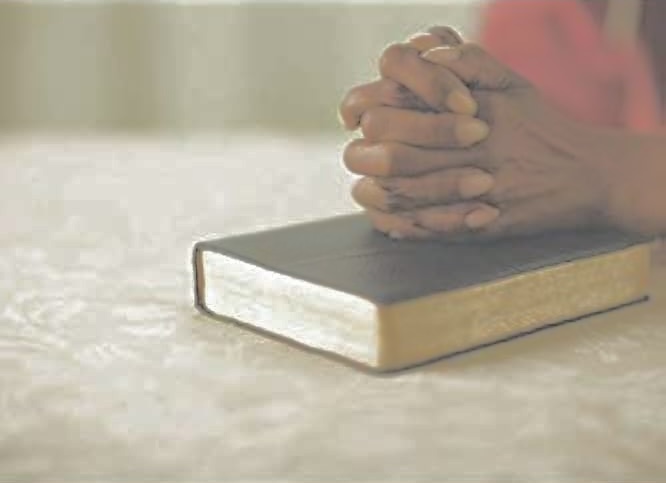
The restoration of the gospel can be seen as having two different aspects: the personal and the communitarian. While the First Vision is seen as indicating which Church to join, it is also a personal interaction between a 14-year-old boy and his God. Subsequent events in the restoration can also be seen in the same way. When Oliver Cowdery met Joseph Smith, not only did everyone benefit as the translation of the Book of Mormon proceeded, but Oliver himself went through a process of spiritual growth, during which he tested his own ability to translate and learned about how to… Read More
-
•
•
27 responses
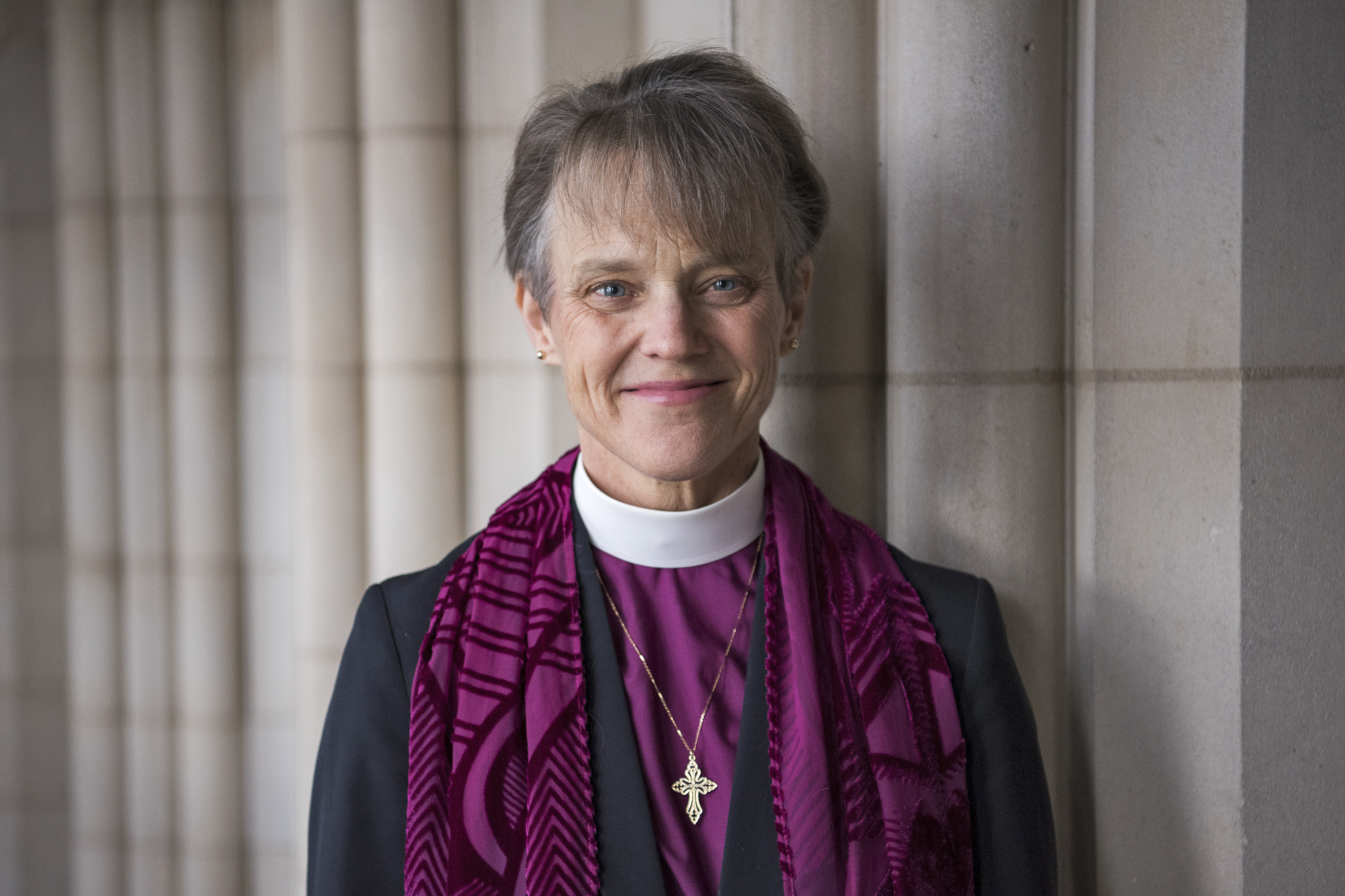
Bishop Mariann Edgar Budde, the Episcopal Bishop of Washington DC has received a lot of attention for her remarks earlier this week at a prayer breakfast attended by the new occupant of the White House, which also drew a demand for her to apologize. The controversy raises a number of questions, I think, especially if you think she should not have made them. I had a lot of questions when I imagined if an LDS Stake President or Area Authority (or maybe even General Authority) had been asked to speak at such an event. What would or should he say? Read More
-
•
•
The woman known as Julian of Norwich was a mystic and a visionary who offered a theology that was focused on God’s love. She is a somewhat obscure figure, but one who is worth learning about. To that end, Fiona Givens discussed Julian of Norwich in a recent post at the Latter-day Saint history blog From the Desk. What follows here is a copost to the full interview. Read More
-
•
•
9 responses
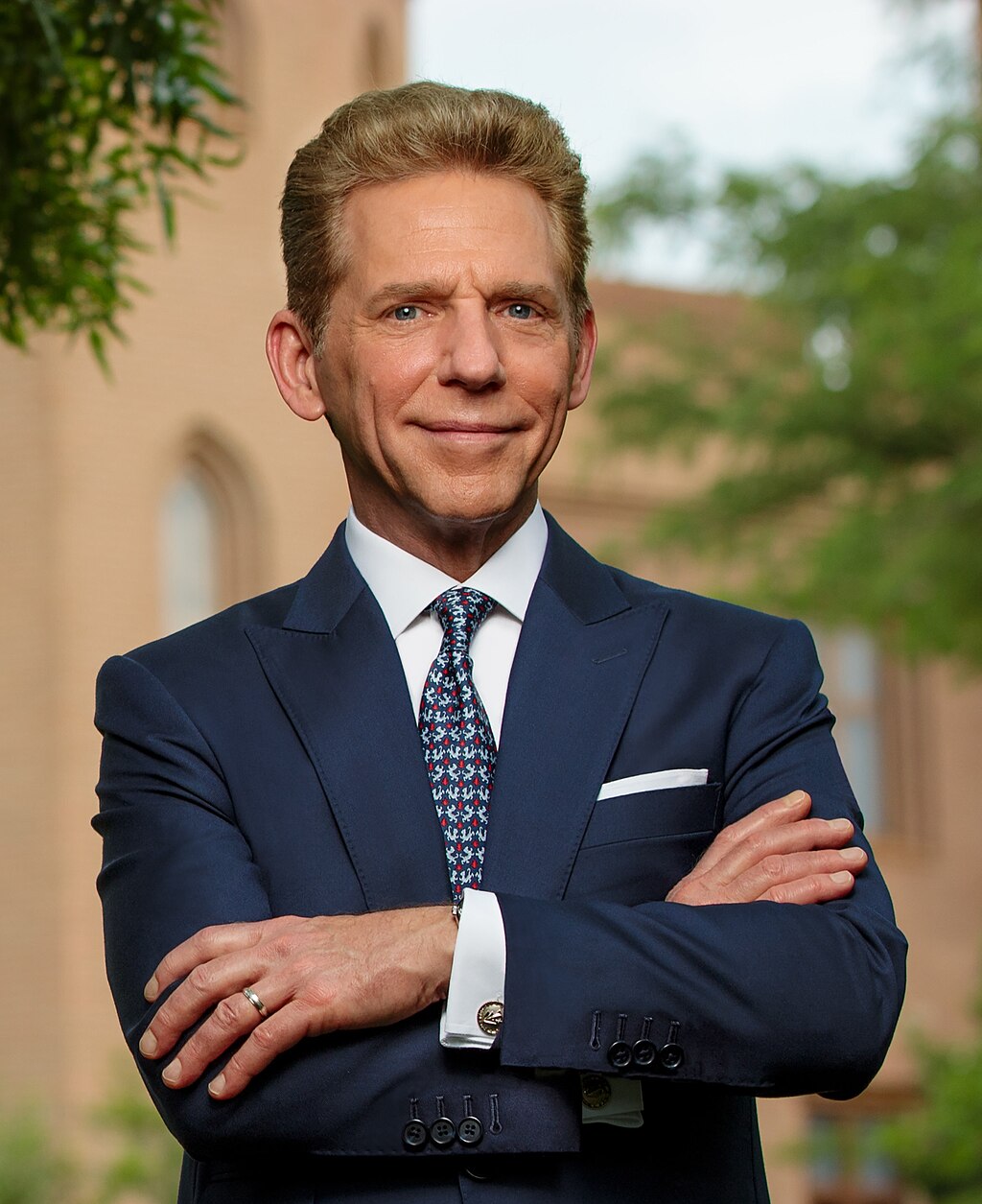
David Miscavige, the leader of Scientology Is it ever okay to criticize a faith? One can think of extreme situations that we can all agree on. The Aum Shinrikyo New Religious Movement (like most religion scholars, I bristle at the use of the term “cult,” since it disparages religions just for being small and new, when older, more established faiths can be just as demanding, particular, or dangerous) released sarin gas in the Tokyo subway in 1995, killing 13 commuters, and probably assassinated a lawyer who was working on a case against them. Perhaps most famously Jim Jones led virtually… Read More
-
•
•
Continuing my reviews of the Themes in the Doctrine and Covenants series by Maxwell Institute, we come to the one on Revelation by Janiece Johnson. Of all the books in the series that I’ve read so far, this one is the one that leans the most heavily into the devotional and practical side of the series. To be clear, that is not a bad thing—it still contains great analysis and discussion of the scriptures in the Doctrine and Covenants and the context of the Restoration, but is primarily focused on discussion around how to receive revelation. She even addresses things… Read More
-
•
•
2 responses
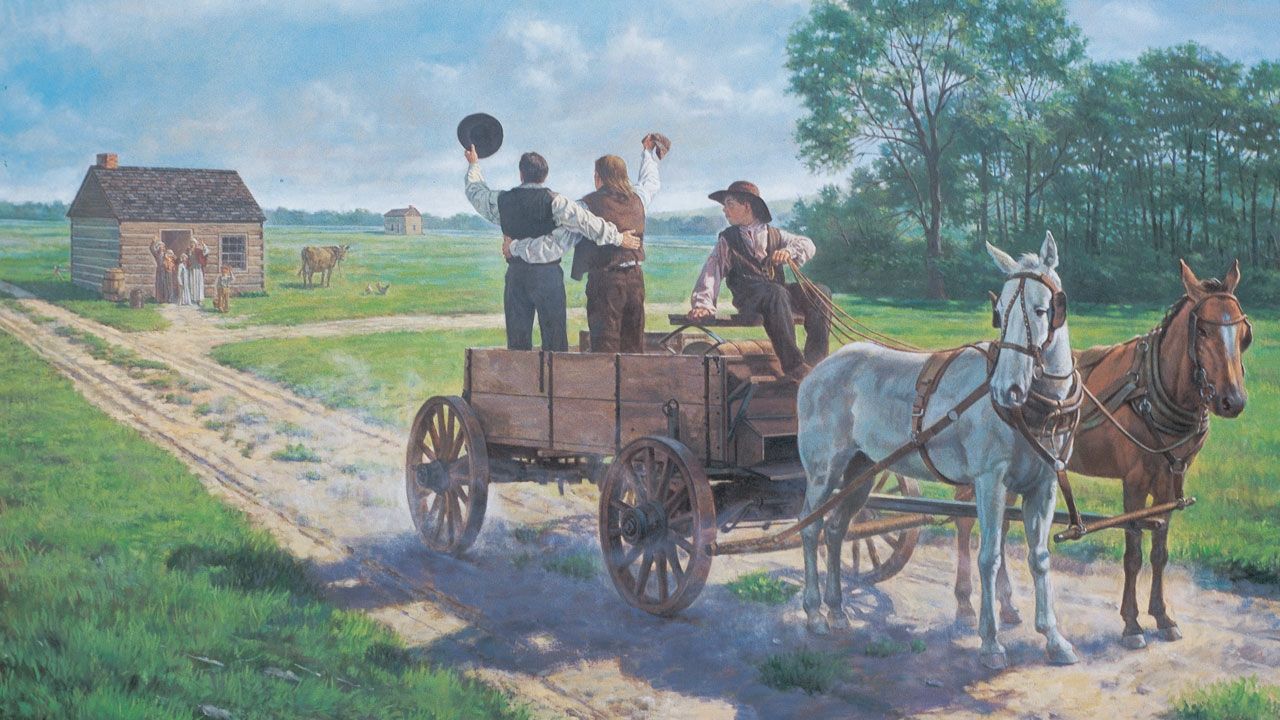
How do ideas spread? If the truth has been lost, what is the best way for it to become known again? It is one thing to give Joseph Smith the First Vision and quite another for that vision to spread among large numbers of God’s children—and I suspect that how the spread of new religious knowledge happens is heavily dependent on the technology and culture available. What worked in Joseph Smith’s day likely wouldn’t work today — and given the history of the Church, its amazing that it worked then! While my historical framing might suggest that these are academic… Read More
-
•
•
11 responses
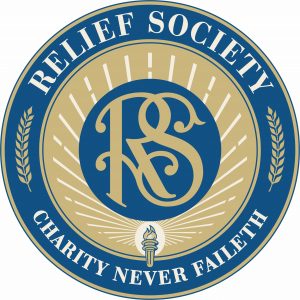
It’s an old adage in Latter-day Saint circles that the Relief Society is the “oldest women’s organization in the world.” To be fair, I searched around briefly and could not find any current Church reference to it being the oldest, just “one of the oldest,” although I did find some speculation that it was the oldest. Still, I informally hear the unqualified bit about them being the “oldest,” so I thought some mythbusting was in order. First, the Ladies’ Association of Philadelphia was founded in 1780 to help the Revolutionary War effort. Interestingly, their fundraised funds went to Continental Army uniforms… Read More
-
•
•
5 responses
My big project for the year associated with Come, Follow Me is working on an annotated Doctrine and Covenants and closely related content. For this part of the project, I am going through the assigned reading each week and comparing every major edition of the text that I can find (including those available through the Joseph Smith Papers Project) to note differences, and making remarks about scholarship that I’ve read or intertextuality with other scriptures. With this week focusing on the first part of Joseph Smith—History, it’s been interesting to see the text develop over the years. Read More
-
•
•
One response
With American Primeval, Netflix has once again put Mormonism in its sights as the subject in a drama, this time including the Mountain Meadows Massacre (the latest in a long line of portrayals of that event). While that event casts a long shadow over nineteenth century Mormonism’s experience in the western United States, there are a lot of more interesting events and figures that could be discussed. For example, in a recent interview at the Latter-day Saint history blog From the Desk, Todd Compton discussed the legendary explorer and Native American missionary Jacob Hamblin. What follows here is a copost… Read More
-
•
•
32 responses
“I sup[pose] I am not all[ow]d to go into investing[atio]n but what is cont[aine]d in the Bible & I think is so many wise men who wo[ul]d put me to death for treason,” Joseph Smith declared in the King Follett Sermon.[1] Smith then went onto make a claim about the first phrase in Genesis, a claim that Lance Owen noted was in line with the Zohar’s (a Kabbalistic text) reading of Genesis 1:1. Owens also noted that a Nauvoo tutor of JS, Alexander Neibaur, showed knowledge of Kabbalah.[2] Read More
-
•
•
17 responses

Joe Rogan is one of the top if not the top podcaster in the world today. He commands a huge audience. In the same way that being on Johnny Carson back in the day could make a career, so too is a spot on Rogan considered a golden ticket, especially in the comedy world. He also likes to talk about us. Like many people, he thinks we’re the nicest people in the world but our beliefs are super dumb and weird. Like with many religions he tends to garble his facts. I was particularly amused when, when interviewing Ben Shapiro,… Read More
-
•
•
2 responses
As I mentioned recently, I’ve been excited about the Maxwell Institute’s “Themes in the Doctrine and Covenants” series. So far, I’ve read four books out of seven, and the entry by Terryl L. Givens on Agency has been my favorite. It’s a beautiful blend of theological and devotional reflection that leans heavier into the comparative literature and theological side of the equation, more in the vein of the “brief theological introductions to the Book of Mormon” series than other entries in this series that I’ve read so far. Read More
-
•
•
The phrase “The Hearts of the Children Shall Turn to Their Fathers” has a different meaning for LDS Church members than it does in any other group that relies on Old Testament scripture. We conflate this phrase with a wide variety of theological topics, including family history, temple sealing and even, as in the current Come Follow Me lesson, the restoration. In this sense, the phrase suggests that we need to turn our hearts to putting in place an analogue of what enabled our predecessors to connect with God. And in its broadest sense, this not only refers to religious… Read More
-
•
•
15 responses

“Mormon Shakespeare,” Not the greatest, but I’m too cheap to pay the $30 a month for a Midjourney membership to make it better. Occasionally you have an idea percolating in the back of your head that you intend to eventually develop and write out, only to find that somebody has already quite adequately made the argument, thus relieving you from the obligation to spend time to write it up. Such recently happened with a Substack piece I ran across. (And yes, Sam Bankman-Fried is not the paragon of moral or intellectual rigour, and according to Wikipedia the author of the… Read More


